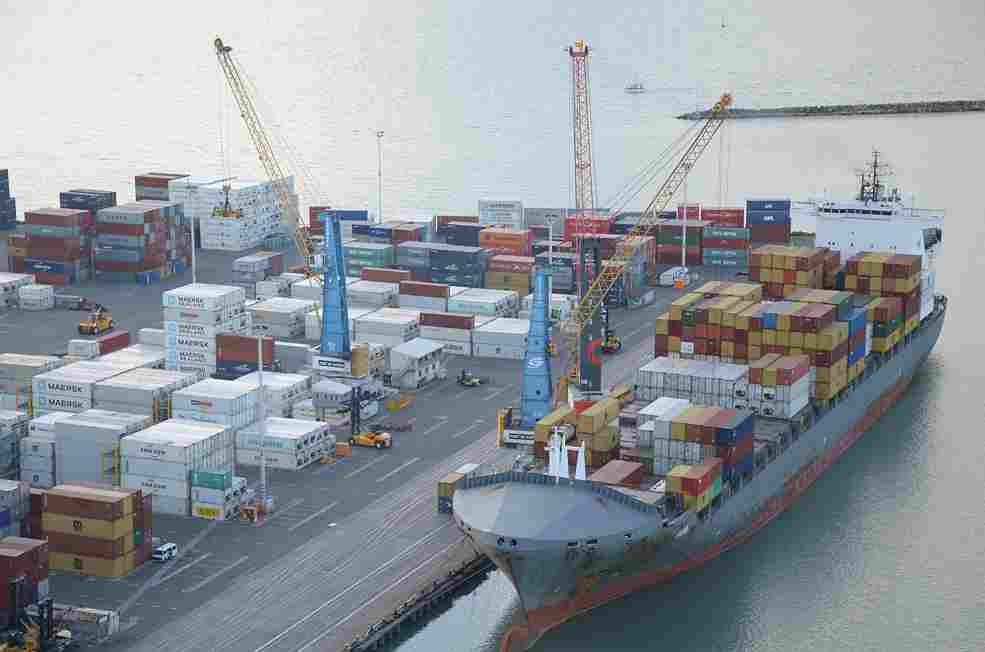
Effects of Bunker Fuel Additives on Engine Performance and Maintenance
In the maritime and industrial sectors, the optimization of engine performance and maintenance is crucial for operational efficiency, cost-effectiveness, and environmental sustainability. Bunker fuel additives play a significant role in achieving these goals by enhancing fuel quality, combustion efficiency, and overall engine reliability. This article explores the effects of bunker fuel additives on engine performance, maintenance requirements, and their impact on operational outcomes.
Understanding Bunker Fuel Additives
Bunker fuel additives are chemical compounds or formulations designed to improve specific properties of fuels used in marine and industrial engines. These additives are carefully formulated to address challenges such as fuel stability, combustion efficiency, emissions reduction, and equipment longevity. Common types of bunker fuel additives include:
- Fuel Stability Enhancers: These additives prevent fuel degradation, oxidation, and sedimentation during storage and transportation, ensuring fuel remains stable and suitable for combustion.
- Combustion Improvers: Additives like cetane improvers (for diesel engines) and octane boosters (for gasoline engines) enhance fuel ignition characteristics, promoting more complete combustion and reducing emissions of particulate matter and unburned hydrocarbons.
- Lubricity Enhancers: Lubricity additives reduce friction and wear within engine components, extending the lifespan of fuel injectors, pumps, and valves. They ensure smoother operation and minimize maintenance requirements.
- Emission Reducers: Additives formulated to lower sulfur content (sulfur reducers) or reduce nitrogen oxide (NOx) emissions help vessels and industrial facilities comply with stringent environmental regulations.
Impact on Engine Performance
- Improved Efficiency: By optimizing fuel combustion and enhancing energy release, bunker fuel additives contribute to improved engine efficiency, resulting in higher power output and reduced fuel consumption per unit of work done.
- Reduced Emissions: Additives that enhance combustion efficiency and reduce sulfur content help mitigate environmental impact by lowering emissions of sulfur oxides (SOx), nitrogen oxides (NOx), and particulate matter. This supports compliance with international regulations such as IMO 2020.
- Enhanced Reliability: Lubricity enhancers and fuel stabilizers prevent engine deposits, corrosion, and wear, thereby reducing the likelihood of breakdowns and unplanned maintenance. This enhances overall engine reliability and operational uptime.
- Cost Savings: Effective use of bunker fuel additives can lead to cost savings through improved fuel efficiency, extended equipment lifespan, and reduced maintenance and repair expenses.
Maintenance Considerations
While bunker fuel additives offer numerous benefits, their effective use requires careful consideration of maintenance practices:
- Compatibility: Ensuring compatibility between additives and engine components is essential to prevent adverse reactions or performance issues.
- Monitoring and Testing: Regular monitoring and testing of fuel quality and performance metrics help assess the effectiveness of additives and identify any operational adjustments needed.
- Supplier Reliability: Selecting reputable suppliers of bunker fuel additives ensures consistent quality and performance, minimizing risks associated with product variability.
Future Trends and Innovations
As the industry moves towards cleaner and more sustainable fuels, future trends in bunker fuel additives may focus on:
- Bio-Based Additives: Formulations derived from renewable sources to further reduce environmental impact.
- Advanced Formulations: Incorporating nanotechnology and advanced chemistry to enhance additive effectiveness and efficiency.
- Digital Integration: Utilizing IoT and data analytics to optimize additive dosing and monitor engine performance in real-time.
Conclusion
Bunker fuel additives play a pivotal role in optimizing engine performance, reducing emissions, and extending equipment lifespan in maritime and industrial applications. By enhancing fuel stability, combustion efficiency, and environmental compliance, these additives contribute to operational efficiency, cost savings, and sustainability goals. As technological advancements continue to drive innovation in additive formulations and application methods, their role in shaping the future of marine and industrial engine operations remains pivotal.





